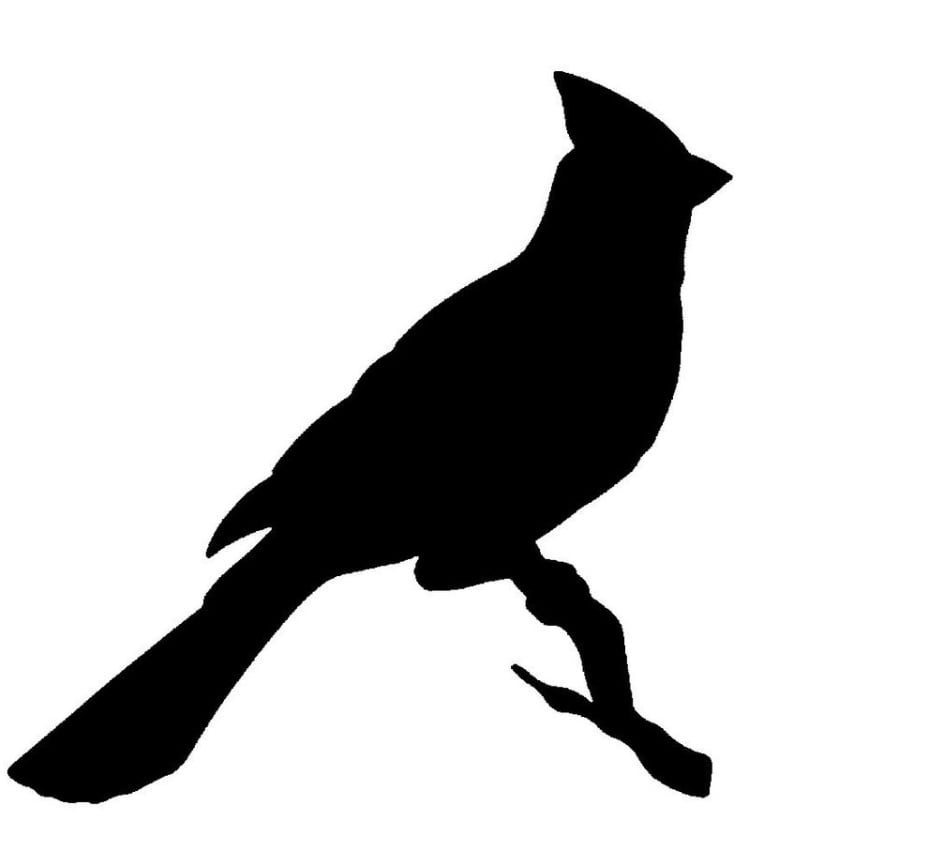I’ve become aware, as I get older, how my initial emotional reaction to conflict isn’t always fair and is usually pointed backward, defensive and angry. I also know that I do better if I have time alone to process how I’m feeling, and often by the time I’m done things have moved on.
What I’ve been working on is to stop using excuses - the moment has passed, I’d just be dredging up the same argument, I’ve had this conversation in my head a bunch but they never turn out exactly right - and just go back to the people involved and tell them how I feel because they deserve that effort. There have been disagreements I’ve had where I wasn’t in the wrong but the other party did something I can admire and appreciate, and it doesn’t hurt me any to say that.
And it never ends with what I imagine is “argument perfection”: a point by point discussion of intent and action and history. Which is silly because life is messy but it gets better and I and others grow more patient and willing to move forward if I’m not always bracing for a blow.
That’s…probably a bit confusing, but it’s been something I’ve been mulling over, so…what personality traits of yours are you working on?


I’m often quite dominant in discussions and tend to strongly defend my position when I consider the other options to be wrong. However, my second issue is that I struggle to accept new ideas sometimes. This combination can leave me in a place where I heavily fight against a new idea, purely because I’m not fully convinced why it’ll improve things. As I learn more about it, sometimes I’ll see why it’s actually a good idea and I’ll cringe about my staunch resistance to it. I’m getting better at suppressing that initial reaction, but sometimes it’s hard since I really feel like we’re doing the wrong thing. I also think it’s related to being autistic, as black an white thinking, resistance to change, and valuing facts over the feelings of others are all things that often come with autism. Nevertheless I really want to tone it down a bit.
I tend to do the same thing. I find it’s very helpful to find other people who enjoy debate, but to keep in mind that we’re the weird ones. Most people find disagreement to be unpleasant and tend to struggle with separating disagreement with an idea and disagreement with a person. My best friend once described me as a good person and a terrible friend - I make it my goal to live up to that.
Yeah I feel you on this one. It’s like my first reaction is to raise my hackles, not just because “CHANGE???” but also that a new idea means I Fucked Up by not considering all options or foreseeing it.
Which is silly and unfair of me. I make errors all the time, and I can’t possibly foresee everything, and when I offer up ideas it’s because I see a problem and want to fix it so things get better.; I’m not thinking about shoving someone’s nose in their failure to be omniscient so why should I be so concerned they’re doing the same?
One thing that helps is the knowledge that we don’t stop thinking about something when we stop consciously thinking about it, so my slow embrace of an idea after hours or days makes sense; my mind kept it on the stovetop, just on the back burner. It’s not fickleness, it’s consideration, and the knowledge that I do that can help give me the confidence to say, in the moment, “I’ll get back to you on that”.